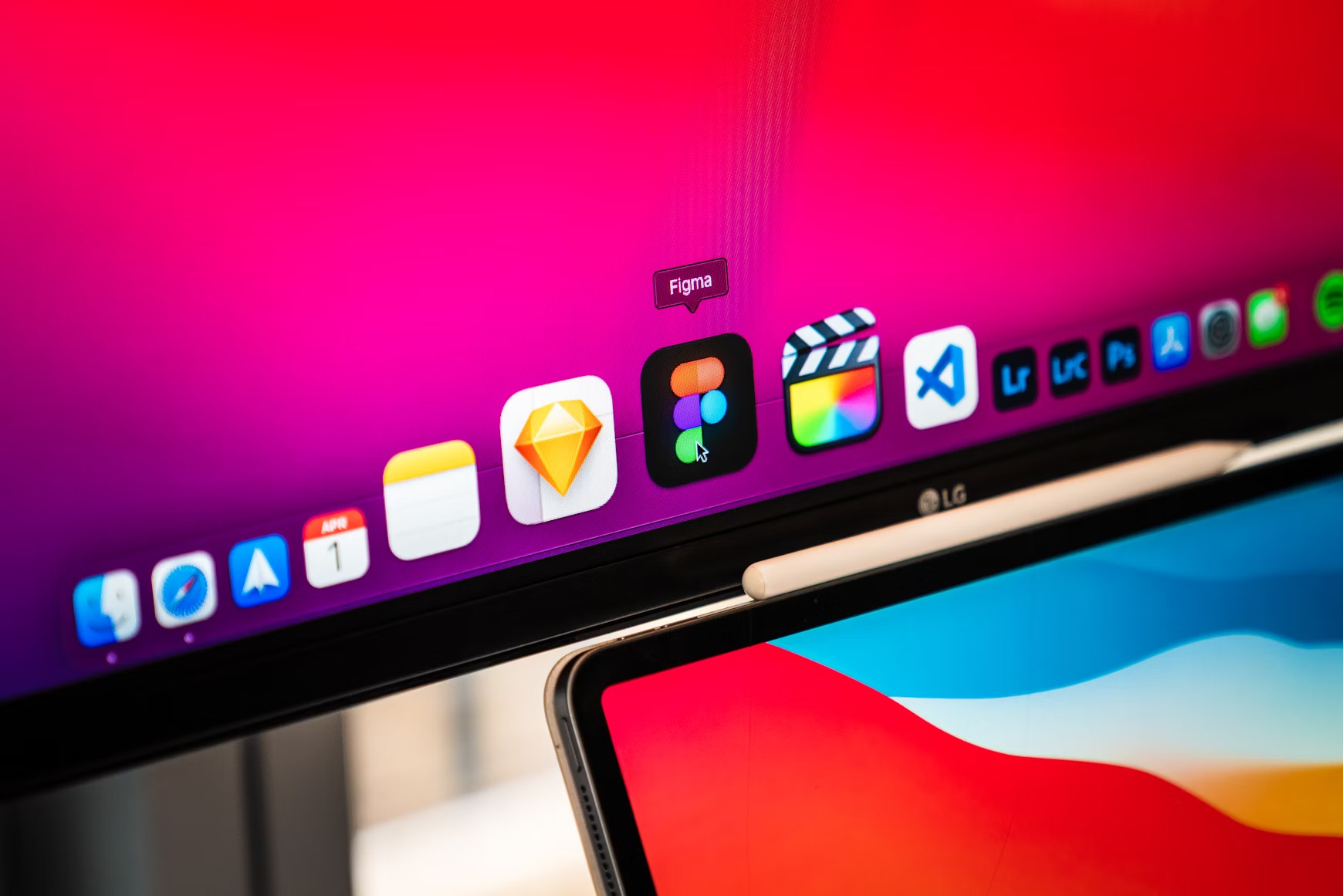
Design platform Figma announced on Thursday a strategic partnership with Google to integrate more artificial intelligence features. While Figma had previously introduced its own AI app-building tools, this new collaboration will bring several Gemini models directly into the design software to address what Figma calls the “evolving needs” of product designers and their teams.
Integrating Advanced Gemini Models
The partnership will see Gemini 2.5 Flash, Gemini 2.0, and Imagen 4 added to Figma’s toolset, leveraging the company’s existing relationship with Google Cloud for infrastructure. Gemini 2.5 Flash is specifically being integrated into Figma’s image generation and editing capabilities. This integration will enable the software’s 13 million monthly active users to create AI-generated images using text prompts and request detailed changes directly within the platform. Figma anticipates that this addition will significantly speed up workflows, citing earlier tests of Gemini 2.5 Flash which demonstrated a 50% reduction in latency for the company’s “Make Image” feature.
The partnership with Google is part of a broader trend among major AI makers who are intent on integrating their models within existing applications that already possess large user bases, as they race to establish dominance in a tight market for consumer and enterprise adoption. This non-exclusive approach is common: this week, for example, OpenAI announced that its users could “chat” with apps inside ChatGPT, including services from Spotify, Booking.com, Expedia, Coursera, Zillow, Canva, and Figma itself, indicating the platform is willing to work with multiple AI model providers.
Coinciding with Gemini Enterprise Launch
The news of the Figma deal was announced simultaneously with Google’s launch of Gemini Enterprise, a comprehensive AI-powered conversational platform designed to seamlessly bring AI into enterprise customers’ existing workflows. This platform allows corporate users to chat with their company’s documents, proprietary data, and applications, and provides engineers with tools to build and deploy specialized AI agents.
Google pitched the simultaneous announcements as a win for AI’s potential to boost efficiency and dramatically improve workflows, which companies are expected to pay for as they become dependent on these integrations. This positioning is strategic, coming at a time when consumers are largely driving AI profits, while many generative AI pilots at companies often fail. Google countered this concern by noting that 65% of Google Cloud customers are already utilizing its AI products.
In addition to the Figma deal, Google also announced new AI partnerships with several other major global companies, including GAP, Gordon Foods, Klarna, Macquarie Bank, Melexis, Mercedes, Signal Iduna, Valiuz, and Virgin Voyages. These new partners join an existing list of companies already using Gemini, such as Banco BV, Behr, Box, DBS Bank, Deloitte, Deutsche Telekom, FairPrice Group, and the U.S. Department of Energy.
Author’s Opinion
The Figma and Google partnership is not just a technology deal; it is a strategic maneuver by Google to cement its AI models at the indispensable “workflow layer” of the creative economy. By integrating Gemini to drastically cut latency for core functions, Google ensures that Figma’s large user base relies on its AI for moment-to-moment productivity, regardless of the existence of other non-exclusive partnerships. This approach demonstrates a clear understanding that in the competitive AI race, the platform that makes its models fastest and most seamless to use inside a major application will ultimately win the battle for sustained enterprise adoption and user habit formation.
Featured image credit: Zac Wolff via Unsplash
For more stories like it, click the +Follow button at the top of this page to follow us.
